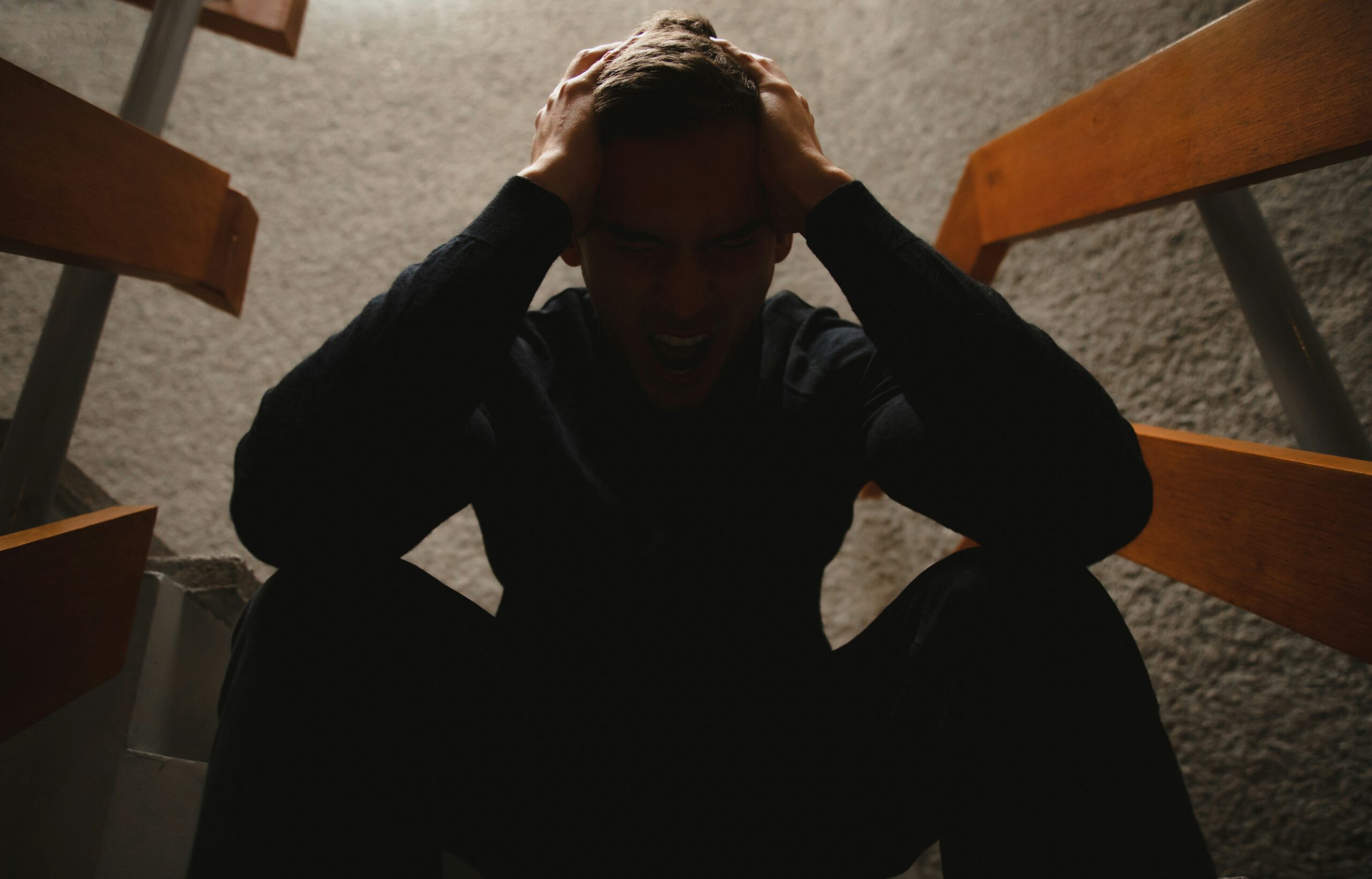What Is Social Anxiety?
Social anxiety, often referred to as social phobia, is more than just shyness. It’s a deep fear of being judged, embarrassed, or scrutinized in social situations. While occasional nervousness is natural, social anxiety consistently interferes with your ability to participate in everyday activities like conversations, networking, or even eating in public.
Common Signs of Social Anxiety
- Physical Symptoms: Sweating, rapid heartbeat, trembling, or blushing.
- Negative Thoughts: Fearing judgment or rejection, overanalyzing conversations, or assuming the worst outcomes.
- Avoidance: Actively avoiding social settings or situations that may provoke anxiety.
According to the Anxiety and Depression Association of America (ADAA), about
15 million adults in the United States alone struggle with social anxiety. Most individuals experience their first symptoms around the age of 13, making it crucial to address these feelings early.
What Causes Social Anxiety?
Various factors can contribute to social anxiety. While the exact causes may differ from person to person, understanding the underlying roots can help pave the way for effective management.
Root Causes of Social Anxiety
| Cause | Description |
|---|---|
| Genetics | A family history of anxiety or mental health disorders may increase likelihood. |
| Brain Chemistry | Imbalances in neurotransmitters like serotonin can play a role. |
| Past Experiences | Traumatic or embarrassing social experiences can trigger long-lasting fears. |
| Parenting Style | Overprotective or critical parenting can reinforce fear of judgment. |
| Underlying Conditions | Disorders like depression or ADHD may contribute to social anxiety. |
| Cultural/Social Norms | Societal expectations and pressures can amplify self-consciousness. |
The Impact of Social Anxiety
Social anxiety doesn’t just influence interactions—it can seep into all aspects of life. Left unchecked, it hinders personal growth, relationships, and even career development.
Consider Sarah, a recent college graduate, who missed out on a job opportunity because the thought of attending a group interview was too daunting. Stories like Sarah’s highlight the importance of addressing social anxiety head-on rather than letting it dictate your choices.
How to Overcome Social Anxiety
Overcoming social anxiety is a process, not an instant fix. Here are practical steps to start making meaningful progress:
1. Challenge Negative Thoughts
Your inner critic often worsens your anxiety. Try to identify and replace irrational fears with balanced, more realistic thoughts.
- Example: Instead of “Everyone will judge me,” think, “Most people are too occupied with their own lives to judge me.”
2. Gradual Exposure to Social Settings
Avoidance reinforces anxiety. Begin by challenging yourself with smaller social situations and progressively taking on larger ones.
- Pro Tip: Attend an event with a supportive friend to boost confidence.
3. Practice Deep Breathing or Mindfulness
Simple techniques like controlled breathing or mindfulness can reduce physical symptoms of anxiety.
- Breathing Exercise:
- Breathe in for 4 seconds.
- Hold for 7 seconds.
- Exhale slowly for 8 seconds.
- Repeat as needed.
4. Focus on Others
Shift the focus away from yourself. Instead of worrying about how you’re being perceived, engage in active listening and show interest in others.
5. Set Realistic Goals
Don’t expect immediate change. Set achievable milestones, like initiating one new conversation per week, and celebrate small wins.
6. Seek Professional Support
If social anxiety feels overwhelming, therapy can be a game-changer. Cognitive Behavioral Therapy (CBT), for example, is highly effective in addressing negative thought patterns.
Building Confidence Over Time
Confidence isn’t something you’re born with—it’s something you develop through consistent effort. Here are a few additional ways to bolster your social confidence:
- Practice public speaking in low-pressure settings (e.g., family gatherings).
- Join a supportive community of like-minded individuals (online forums or social groups).
- Reflect on your past successes to remind yourself of your resilience.
FAQs About Social Anxiety
Is social anxiety the same as shyness?
No. While shy individuals may feel nervous in some social settings, those with social anxiety often experience debilitating fear and avoidance behaviors that interfere with their daily lives.
Can social anxiety go away on its own?
Without intervention, social anxiety may persist. However, with self-help techniques and professional support, many people experience significant improvements.
Are medications necessary for overcoming social anxiety?
Not always. Therapy and self-help strategies are effective for many. Medications, when needed, can complement these approaches.
Take Steps Toward a Less Anxious You
Social anxiety doesn’t have to hold you back. By understanding its causes and adopting actionable steps, you can regain control and lead a more fulfilling life. Remember, change takes courage, but every small step forward is a victory.


Leave a Reply